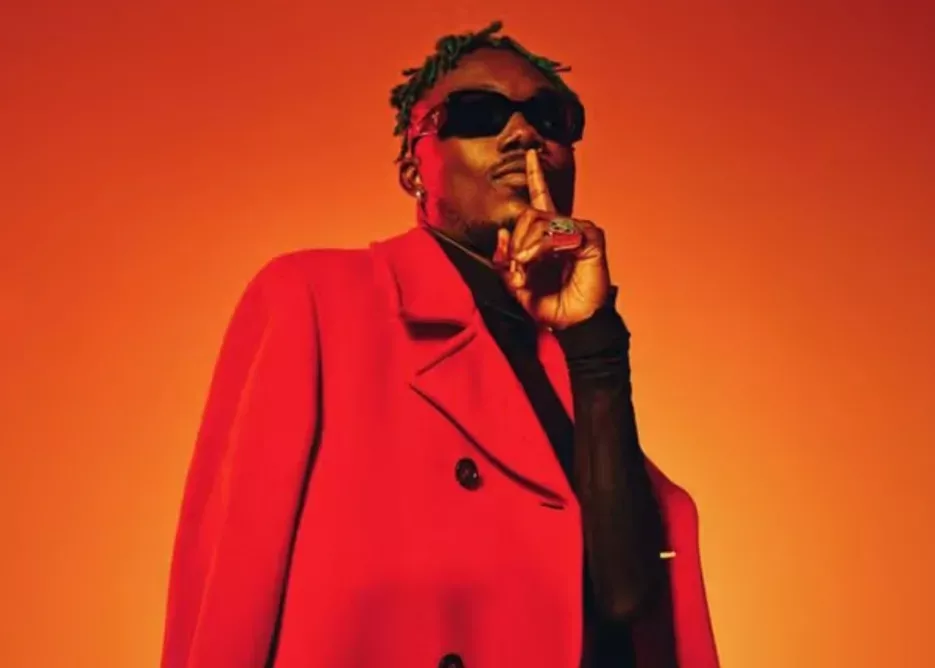In a recent interview on “Uncut with D-Black,” Ghanaian artist Camidoh provided valuable insights into the music industry, particularly drawing inspiration from the vibrant Nigerian music scene.
Camidoh shared how he diligently promoted his hit song “Sugarcane,” drawing from his observations of Nigerian artists’ unwavering dedication and perseverance. Reflecting on an experience where a Nigerian musician convinced a studio owner to let him record even after closing hours, Camidoh highlighted the strong sense of enthusiasm and determination that’s present among Nigerian musicians.
Comparing the Ghanaian music industry to its Nigerian counterpart, Camidoh noted a difference in levels of assertiveness, expressing that Ghanaians may not be as proactive in seizing opportunities. He recounted his own efforts in promoting “Sugarcane,” where he actively reached out to people and encouraged them to engage with the song, reminiscent of the Nigerian approach where artists actively pursue exposure and opportunities.
“We’re not as exploiting as Nigerians. That’s the only problem. When I put out Sugar Cane, I remember how I used to call people every day. ‘You don’t do some TikTok video. What’s up?’ because that’s what Nigerians are. That’s who they are. Like, they go pursue you, make you do what you have to do.” He said.
Camidoh emphasized the importance of drive and determination in achieving success in the music industry, citing his willingness to go the extra mile to ensure his music reaches its audience. He urged Ghanaian musicians to adopt a proactive approach, engaging with DJs and taking ownership of their careers, mirroring the assertiveness and initiative commonly seen in the Nigerian music scene.
In his own words, he said this; “It’s about the drive. Because you can now make me want to do something, even though I didn’t want to do it. It’s about you. How much do you want it? And that’s one thing I work with. When I saw that guy’s drive, I said to myself that even if the store was closed, I can make them sell to me. And that’s one thing I feel like many Ghanaians don’t have. For me, it’s about, do you want this song to be played? If you want it to be played, go to that DJ. Make it happen.”

